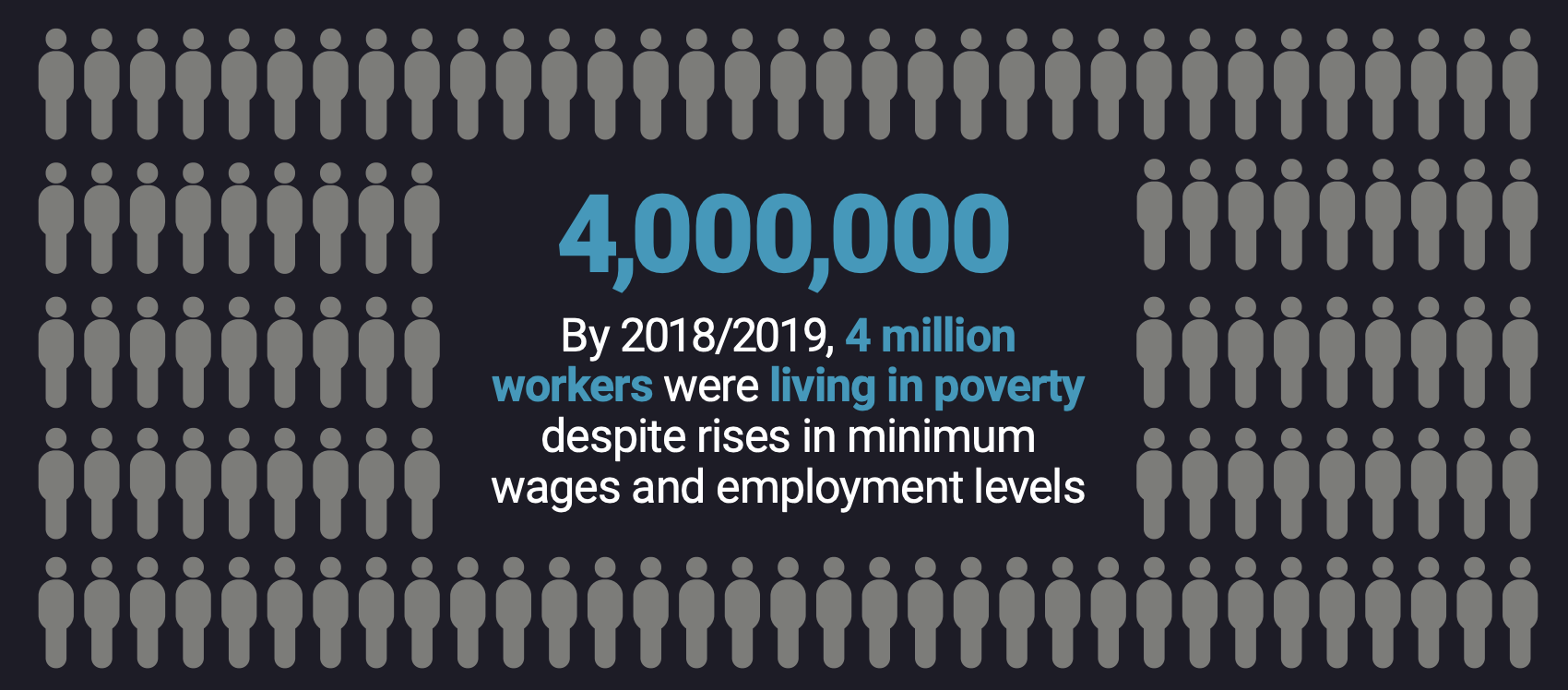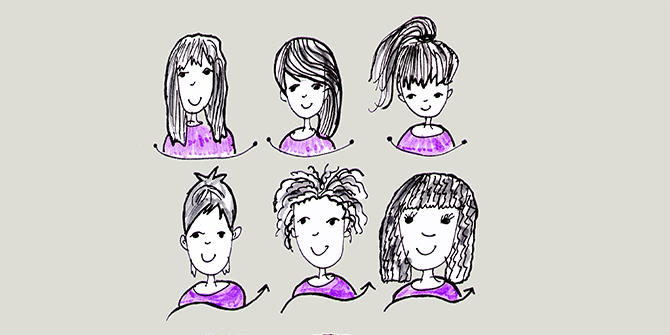Seven years after an inquiry by the UN Committee on the Rights of Persons with Disabilities revealed the UK Government’s violation of disabled individuals’ rights, the situation has, regrettably, worsened, writes Lyla Adwan-Kamara. Drawing on her experiences as an advocate and practitioner, Adwan-Kamara articulates how current government policies are not alleviating but exacerbating the structural inequalities faced by Disabled People in the UK.
When the UN Committee on the Rights of Persons with Disabilities published the findings of its 2016 enquiry on the UK it stated that “the Committee considers that there is reliable evidence that the threshold of grave or systematic violations of the rights of persons with disabilities has been crossed in the State party”. I was the CEO of a Deaf and Disabled People’s Organisation when the findings came out and it was shocking to see the UK indicted in such a way. At the same time, it was deeply affirming to know that the voices of Disabled People had been heard and that the disproportionately negative impact of austerity on Disabled People had been recognised by the UN.
Seven years on, the situation is even worse and the Equality and Human Rights Commission notes that most of the recommendations from the UN have not been implemented. The UK Government is expected to respond in March 2024 on the issues raised at a follow-up enquiry session at the UN in August 2023, following evidence of a devastating cumulative impact of the multiple negative effects of austerity, Brexit, COVID, and the cost-of-living crisis. What is also clear is that the structural inequalities facing Disabled People, amplified by these negative effects, are ultimately driven by policies designed and implemented by the UK Government.
Austerity’s disproportionate impact on Disabled People
Recent research by the Resolution Foundation finds that Disabled People are far more likely to be poor and live in material deprivation than the rest of the population. This is no surprise, given that in 2014, research had already been carried out demonstrating that Disabled People in poverty would bear the burden of austerity over four times more than the average person. Combined with the higher food, energy, transport and other costs, this all adds up to Disabled People experiencing extreme hardship and being significantly more likely to have to use food banks to get by.
In a case brought by Disabled People, the Department for Work and Pensions was even found to be in breach of the Equality Act for not sending communications in an accessible format.
In recent years, the Department for Work and Pensions (DWP), which administers benefits, has overseen a system of complex and radical changes to the benefits system where Disabled People have lost benefits; are not always paid what they are entitled to; and are sanctioned, ie have their benefits removed, for not attending appointments, even in cases where they were in a hospital. There is also growing evidence of sanctions being linked to deaths. Furthermore, in a case brought by Disabled People, the DWP was even found to be in breach of the Equality Act for not sending communications in an accessible format.
At the same time, Local Government cuts have seen social care support rolled back with some authorities deciding to increase charges for social care and take Disabled People to court when they can’t pay, adding to the increasing amount of debt many Disabled People already have. However, this is not the case for every Council. For example, following vibrant campaigns by Disabled People, Hammersmith and Fulham Council stopped charging for social care, starkly illustrating that forcing Disabled People into debt, is a choice.
Persisting marginalisation and discrimination against Disabled People
These issues of poverty, reduced access to social care, stigma, and discrimination were certainly evident when I was overseeing an advice and advocacy service between 2012-19.
During the COVID-19 pandemic, nearly 6 in 10 people who died were Disabled People.
Post-COVID, issues are just getting worse. During the COVID-19 pandemic, nearly 6 in 10 people who died were Disabled People. Factors like not being advised to shield; not being supported to access care safely; and, disgracefully, being placed under ‘do not resuscitate’ orders without consultation, all played a part with Disabled People of Colour particularly badly affected, as racism and ableism intersected.
For Disabled People who want to get to work, workplace discrimination and hate crime remain an issue. Recently, the Daily Telegraph ran a story calling sick and Disabled People unworthy of state support, feeding into a false narrative of ‘scroungers’. Although this has been condemned by Disabled People and their representative organisations, stories like this feed into disability hate crimes. These include verbal and physical abuse, as well as long-term harassment, with every 1 in 6 disability hate crimes also labelled as a racist hate crime. Poor experiences with the police mean that over half of Disabled People who experience hate crimes don’t want to involve the police.
To make matters worse, if Disabled People want to get out and vote to change things and have their voices heard, there is now new evidence that they are more likely to be disenfranchised by recent voter ID changes than other people. Unfortunately, these are just a few of the issues that Disabled People face in the UK.
Fostering inclusive societies for Disabled People
By definition, the majority of staff and board members of Disabled People’s Organisations, like the one I used to work for, are Disabled People, and they do fantastic work in providing advice and advocacy services to Disabled People as well as valuable peer support. Their incredibly valuable work includes bringing legal cases, taking shadow reports to the UN, and spearheading initiatives such as the recently launched Disabled People’s Manifesto.
Four years after I left my role, I still clearly remember the intense stress and anxiety that comes from constantly battling to support Disabled People to access their rights, and the deep disappointment experienced when we either couldn’t help specific individuals, or their rights were eroded to the extent that we couldn’t do enough to keep their heads above the water. Because of this, more work needs to be done to support the well-being of Disabled People on the frontline who are working to help others in a huge variety of ways, whether through campaigning, working in a benefits advice service, and more.
It is therefore the way in which society is organised which truly disables people, which means that for the situation to improve, policymakers must create policies that work for, and not against, Disabled People.
In the end, with an inadequate social security net, Disabled People rely on friends, families, and wider civil society, to survive as best they can. Once we understand that the negative impacts of things like austerity or the COVID-19 pandemic are not evenly distributed, then it becomes easier to recognise that these are the result of political choices, often backed up by media rhetoric. As highlighted by the social model of disability, it is therefore the way in which society is organised which truly disables people, which means that for the situation to improve, policymakers must create policies that work for, and not against, Disabled People.
This article first appeared on the Atlantic Fellows for Social and Economic Equity blog.
All articles posted on this blog give the views of the author(s), and not the position of LSE British Politics and Policy, nor of the London School of Economics and Political Science.
Image credit: Dziewul on Shutterstock







